Sir Suma Chakrabarti, and Indian from Bengal and a citizen of the UK, where he holds the title, is known as a big advocate of globalization and open borders.
When he decided to build his career in the UK, he gave up Indian citizenship because India does not allow dual citizenship. He has been heading the European Bank for Reconstruction and Development (EBRD) last six years. The international institution was founded in 1991 with the aim of pushing development of post-communist 'new Europe'. We talked in the lobby of the Westin Hotel in Zagreb during his third visit to Zagreb, where he attended the Zagreb summit of the Central European Initiative (CEI).
The UK is in the process of Brexit, the USA is closing up under protectionist policies of President Donald Trump and protectionism is growing with the rise of populism in EBRD's primary region, the countries of new Europe - Poland, Czech Republic, Hungary… Is that not the opposite of globalization which you advocate?
-We always advocated 'globalization with a human face.' The problem, and we have recognized this in most of these countries, including the UK, is growth of inequality and decline of inclusivity of societies. I believe it is very important for multilateral banks like the EBRD to have agendas on not only open market, but also inclusivity and reduction of inequalities. This is why we are stressing creation of projects, programs and lines of credit that would allow access to those who are left behind. For instance, we have a series of business programs for women. We are trying to attract the marginalized. The second area where we focus our activities is youth employment, which was a sore for many countries. Many young people feel left out of the labor market. We deal with migration, which is also a growing problem. We are increasingly focusing on small and medium-sized enterprises (SMEs) and we believe that we already did a good job in this regard. This is something that many banks, including the EBRD, did not pay too much attention to in the past. Now we are focusing on it. I believe this shows we are trying to make changes and the way we operate. The third thing is discrepancies between levels of development among regions in which we operate. Zagreb is not Croatia and Istanbul is not Turkey - a large part of Turkey is very poor. The situation in the UK is similar. We as a bank have to put more effort into being active in those poor and underdeveloped regions. I talked with Croatian President Kolinda Grabar-Kitarović about the problems Croatian islands are facing. There is depopulation, people are leaving and economic activities are lacking (with the exception of tourism). We talked about demographic revitalization of islands. What can be done besides tourism, which is viable only several months each year? I do not have the answer now, but I support thinking like that. It is all part of thinking about globalization as a process that must have a human face. Market economy must have a human face. That is why we are here.
The EBRD is still the largest foreign investor in Croatia, but most of these investments went towards large centers like Zagreb, Rijeka, Split…
-I believe that this presents a big challenge for us, directing investments outside those urban areas. The EBRD was founded with the aim of providing financial support to development of post-communist Europe.
Your model includes permanent balancing between politics and business. In many countries, especially the countries where you are active, politicians are often times undemocratic and corrupt. Are you successfully preventing their meddling in your choice of projects?
-In all countries, not just the Middle East and post-communist countries, we have problems with corruption. The solution is in our approach to project development. Our system for verification of projects is extremely robust. It is a sophisticated mechanism with control points that one must go through in order to get funding. We look into our clients and partners on the project to see whether they are corrupt. You have to know who you are working with. On the other hand, this is why a significant number of our projects are successful. I believe that checking credibility of all countries was the biggest change we made. Is the country moving in the right direction, is management improving, is it less corrupt compared to before? We also look into the investment climate as well Government initiatives to improve the climate. We do this in countries like Croatia. For instance, we are trying to improve the public procurement process. I will list Ukraine as another example, which, as we all know, had serious problems with corruption. We have many successful projects there that were not jeopardized by corruption even though the system was corrupt. In that case, we cannot be happy that our projects there are successful. We are here to discuss big problems. Government corruption is only one of such problems and we are focusing a lot of our attention on it in Ukraine. We are looking into how the system operates - connections between politicians and oligarchs. That is how we are making positive changes. Ukraine is still not perfect, but it is on the right path.
Could you say the same for Croatia? Is it on the right path?
-I believe so. Croatia is definitely in the group of more advanced and developed countries. Actually, I believe that investment climate in Croatia is quite good, as are the management models we have come across. Our projects here were implemented successfully. Our investments in Croatia have reached EUR 3.8 billion today. We have implemented more than 200 projects in Croatia over the years. We have been investing approximately EUR 200 million annually over the last years. This year the figure will be slightly larger and stand at some EUR 240 million. This shows that changes are taking place and allowing us to invest more in some areas. We have projects for helping women in business, stimulating development of the capital market… I would like private investments in State-owned companies to pick up pace in Croatia. You have too many State-owned companies and you need a reform. It is up to the Government to decide which of the companies will be commercialized and we will be there to help in the process. I believe that this presents a big task ahead of us.
The EBRD is financing some projects through commercial loans and other projects through donations. How do you decide which form of financial support to use?
-We always start from real loans and conditions on the market. In some areas, donations are included. That depends on the client. If we lend to local government units - approve loans for improving water supply network or energy efficiency - we think about market conditions, but we understand that local government units, especially the underdeveloped ones, cannot start servicing those loans immediately. We have to move slowly. In cases like that we include donations. Sometimes we use donations for making specialized studies with the aim of helping the community to improve management, but donations are not the primary way we operate.
EBRD regional center was moved from Zagreb to Warsaw. Why was that?
-People have come under too much pressure from a wide range of tasks and projects, and the office was relatively small. They had a difficult time focusing only on the country they were in charge of, which is the purpose of having offices in different countries. They often times thought in the wrong manner - focused too widely on regions - which lead to comparing Croatia and Slovenia with Baltic countries, which is, of course, completely wrong. Croatia is internally very diverse, which is why I think that our Zagreb office has to be focused entirely on projects in Croatia.
Perhaps we will find some projects that could restore life to your islands outside the few months of the tourist season.





Za sudjelovanje u komentarima je potrebna prijava, odnosno registracija ako još nemaš korisnički profil....